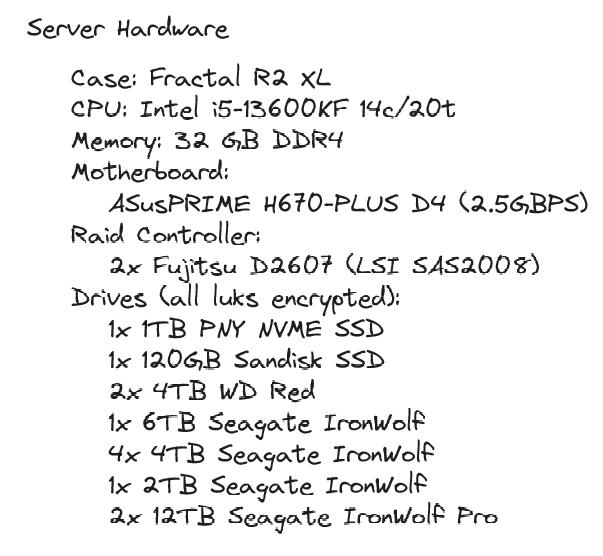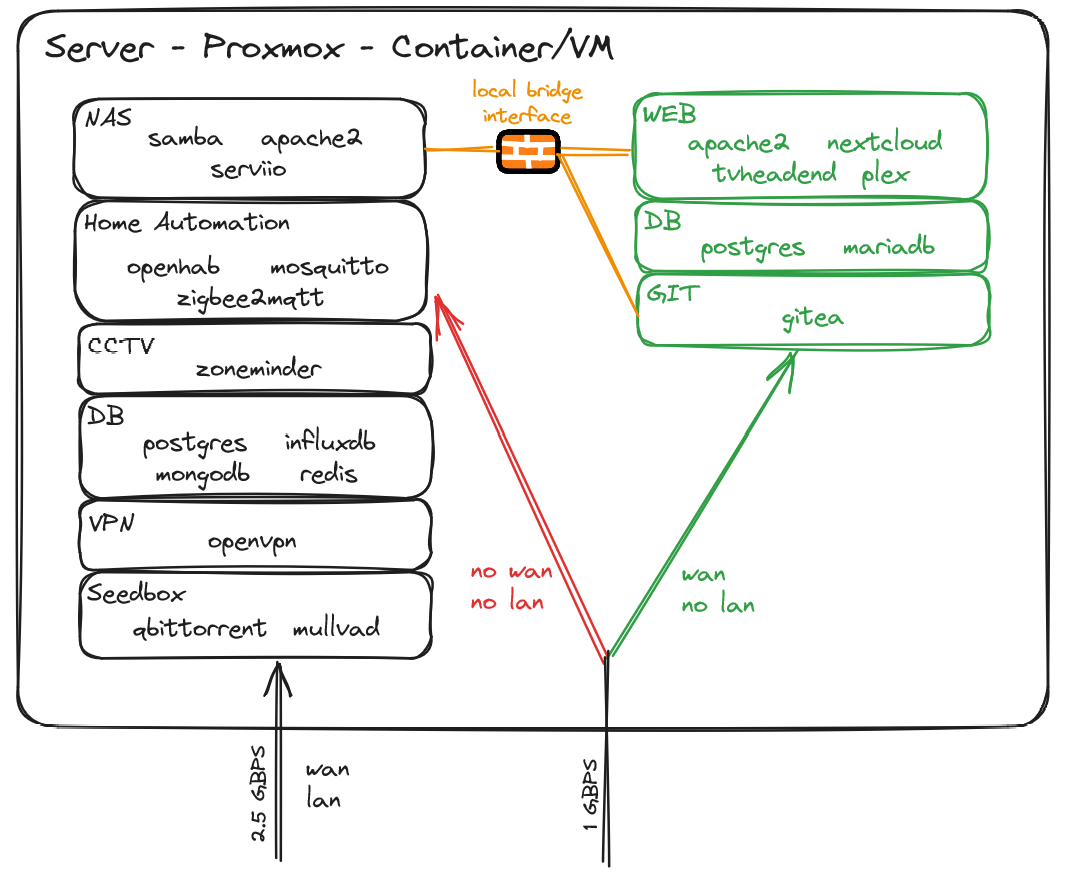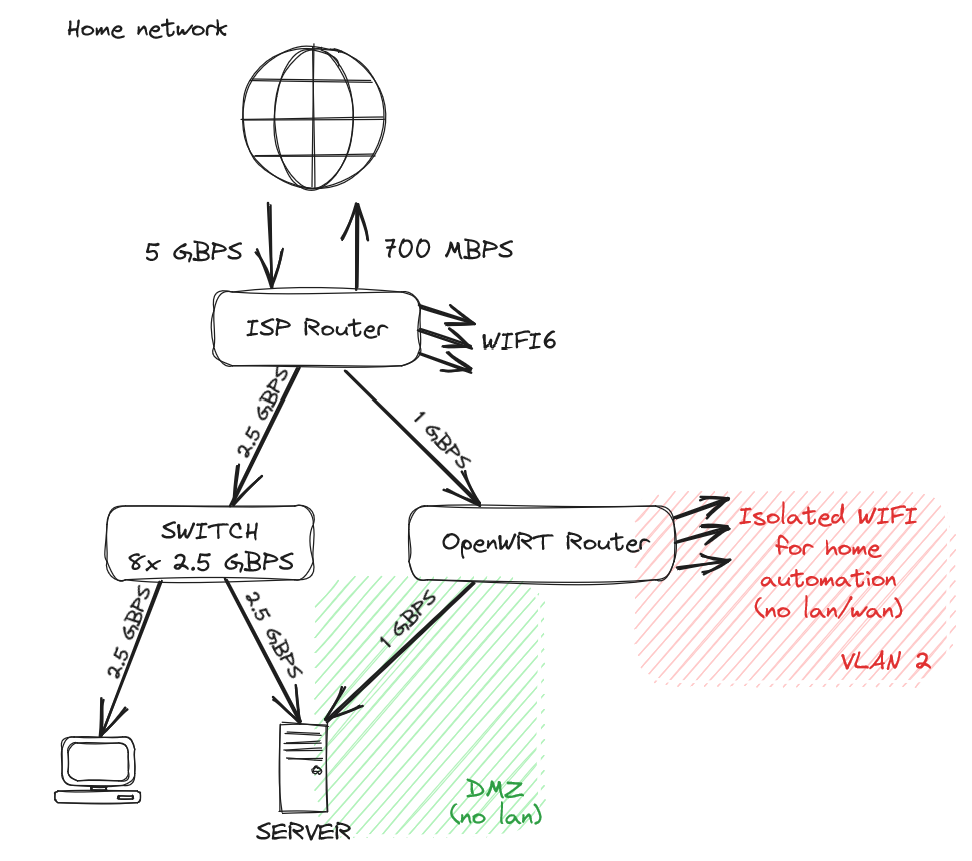Selfhosted
A place to share alternatives to popular online services that can be self-hosted without giving up privacy or locking you into a service you don't control.
Rules:
-
Be civil: we're here to support and learn from one another. Insults won't be tolerated. Flame wars are frowned upon.
-
No spam posting.
-
Posts have to be centered around self-hosting. There are other communities for discussing hardware or home computing. If it's not obvious why your post topic revolves around selfhosting, please include details to make it clear.
-
Don't duplicate the full text of your blog or github here. Just post the link for folks to click.
-
Submission headline should match the article title (don’t cherry-pick information from the title to fit your agenda).
-
No trolling.
Resources:
- awesome-selfhosted software
- awesome-sysadmin resources
- Self-Hosted Podcast from Jupiter Broadcasting
Any issues on the community? Report it using the report flag.
Questions? DM the mods!
view the rest of the comments




I would never use an ISPs router for my home network. It just causes so many issues that you can easily avoid by either using your own router directly or if that is not possible putting the device into "bridge" mode and using your own router behind it.
What are some of the issues?
The devices the ISPs send out are usually the cheapest hardware imaginable and therefore introduce substantial unnecessary latency.
Where I live some ISPs also used to use tools that genereted wifi passwords based on the devices MAC address. While this is apparently fixed now, a lot of non tech savvy users still use these old devices that are basically open to anyone now.
To save even more money, they sometimes deliberately send out faulty devices (as in devices that drop connection frequently, restart for no reason, etc) which is just horrible.
I know these issues because I worked in that field and there are a lot more unfortunately...